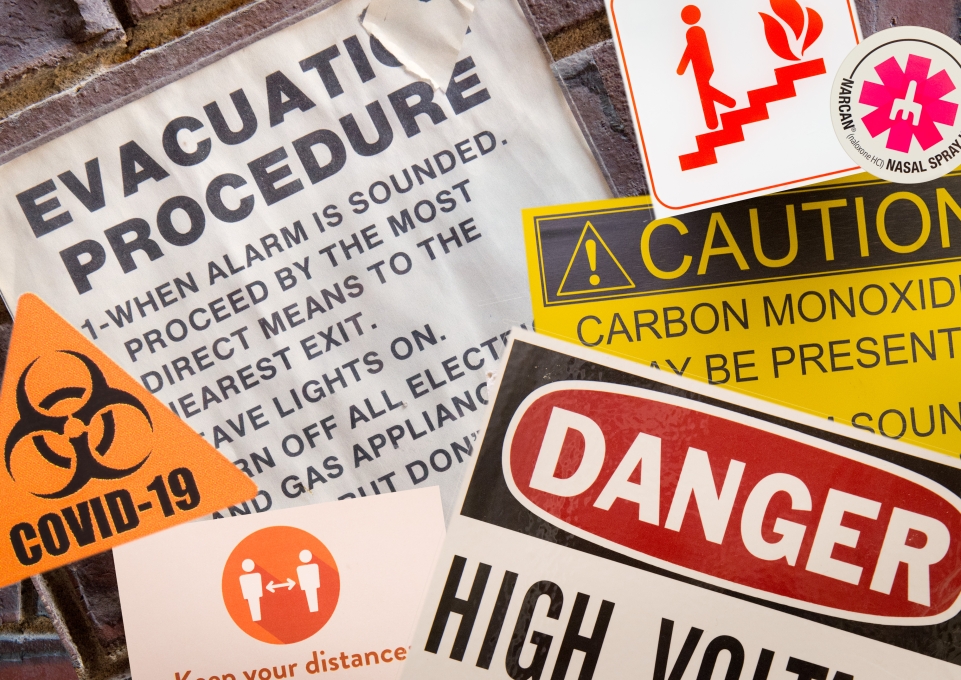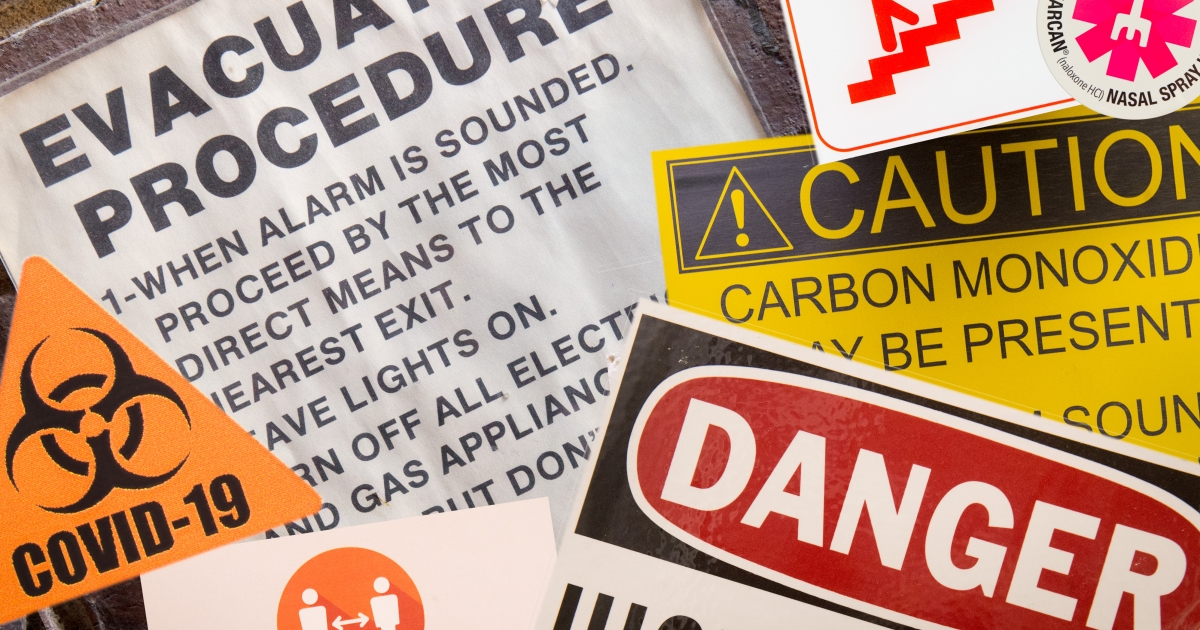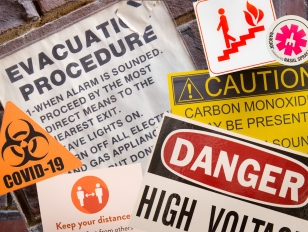
A new advanced certificate program in Buffalo State College’s Political Science and Public Administration Department will offer students an opportunity to learn the ins and outs of disaster and emergency management.
The advanced certificate in disaster and emergency management aims to present the theory, legal structure, doctrine, planning, and practice of disaster and emergency management, said Jason Rivera, associate professor of political science and public administration and coordinator of the certificate program. Students who earn the certificate will be poised to handle disaster and emergency management jobs in public agencies, nonprofit organizations, private businesses, or international humanitarian agencies.
“There’s a market vacuum for this type of program in Western New York,” Rivera said. “With the establishment of this grad certificate program, we are the only SUNY school outside of the University at Albany to be offering a master’s level emergency and disaster management degree of any sort.
“We have to start planning, and we have to take these things seriously. Otherwise, issues like public health and the pandemic are going to affect us in very overt ways.”
Rivera, who’s an expert in disaster and emergency planning, said there’s a growing need for emergency managers, both locally and across the country.
“I say that in specific reference not only to traditional emergency managers who have that title,” he said, “but also within the realm of emergency management, planning, humanitarian services—people who work for the Red Cross and people who work for the Salvation Army. It’s also people who work for other nonprofit and faith-based organizations that do disaster response activities, where they go and meet the immediate needs of people who are suffering or surviving an event.”
Emergency managers deal with traditional problems, like natural disasters, fires, law and justice issues, and now, pandemics. They’re also involved in conversations around crumbling infrastructure, climate change, and environmental issues.
The need for emergency managers was present before the coronavirus pandemic, Rivera said, and COVID-19 has exacerbated that need.
“It’s brought a new level of severity and salience to this type of certificate,” he said. “We have to start planning, and we have to take these things seriously. Otherwise, issues like public health and the pandemic are going to affect us in very overt ways.”
Rivera is hoping to bring in a mix of students who are new to the field, as well as those who have experience, in order to expose newer students to what the job is like.
While the curriculum will cover the basics of disasters and emergency management like planning, mitigation strategies, and response and recovery, it will also introduce the importance of social equity and diversity in disaster response, Rivera said.
“Having students not only think about what can be done by emergency managers in specific situation, but what should be done to make resource allocations and people’s livelihoods more equitable,” he said. “I think it’s a major unique component of our program.”
Emergency managers work in a variety of settings, Rivera said. Local, state, and federal agencies have emergency managers working in traditional areas like law enforcement and firefighting. Nonprofits and faith-based organizations, like the Red Cross or Salvation Army, also have emergency managers. Private-sector jobs are available, as well.
“There are a lot of jobs directly associated with this type of degree program, that the graduate certification can provide them an entry into the field,” he said. “A lot of emergency management, especially recovery, mitigation, and preparedness, are very closely aligned with community development and economic development practices. The certificate program opens those doors as well.”
Students who complete the certificate program can continue on in the master of public administration and nonprofit management program, Rivera said.
“All of the credits that they earn in the graduate certificate program can be applied to the M.P.A. degree,” he said.
The field of disaster and emergency management isn’t going away anytime soon, Rivera said. In fact, it’s more important today than it’s ever been.
“The issues of disaster, the issues associated with emergency management, are salient today, and they’re only going to become more salient in the future,” he said.
Photo by Bruce Fox, campus photographer.



